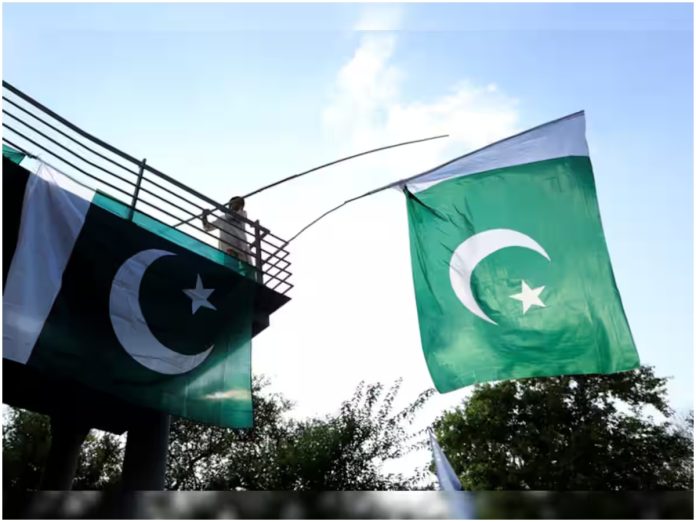NEW DELHI: A report from Islamabad-based think tank Tabadlab paints a dire picture of Pakistan’s financial health, describing the country’s debt situation as a “raging fire” and far more critical than the International Monetary Fund’s (IMF) assessment of being “borderline” manageable. With debt levels reaching alarming highs, Pakistan faces the grim prospect of an “inevitable default,” which could trigger a devastating economic spiral.
Driving the news
The concern over Pakistan’s debt sustainability comes amidst a backdrop of economic pessimism among voters, highlighted by a recent Gallup poll and a contentious election.
The uncertainty has already impacted the country’s stock market negatively. Prime ministerial hopeful Shehbaz Sharif has emphasized the urgency of securing a new IMF bailout to avert a crisis.
Zoom in
The Tabadlab report, authored by Zeeshan Salahuddin and Ammar Habib Khan, reveals that Pakistan’s external and domestic debt has surged dramatically since 2011, with external debt and liabilities almost doubling to $125 billion and domestic debt increasing sixfold. Interest payments now consume a record share of the GDP, underscoring the severity of the debt burden.
The think tank suggests innovative solutions like debt-for-nature swaps to alleviate the debt crisis while addressing environmental conservation needs. Pakistan, prone to climate disasters, requires substantial financial resources for recovery and adaptation, making the intersection of debt and climate change a critical area for intervention.
What’s next
Tabadlab’s analysis indicates that without transformative change and comprehensive reforms, Pakistan’s debt crisis will only worsen.
“It demands transformational change. Unless there are sweeping reforms and dramatic changes to the status quo, Pakistan will continue to sink deeper, headed towards an inevitable default, which would be the start of the spiral,” the Tabadlab report said.
The economy’s growth is stifled by the increasing debt, which prioritizes consumption over productive investment. As the country stands on the brink of default, strategic interventions are imperative to avert a full-blown economic disaster.

































